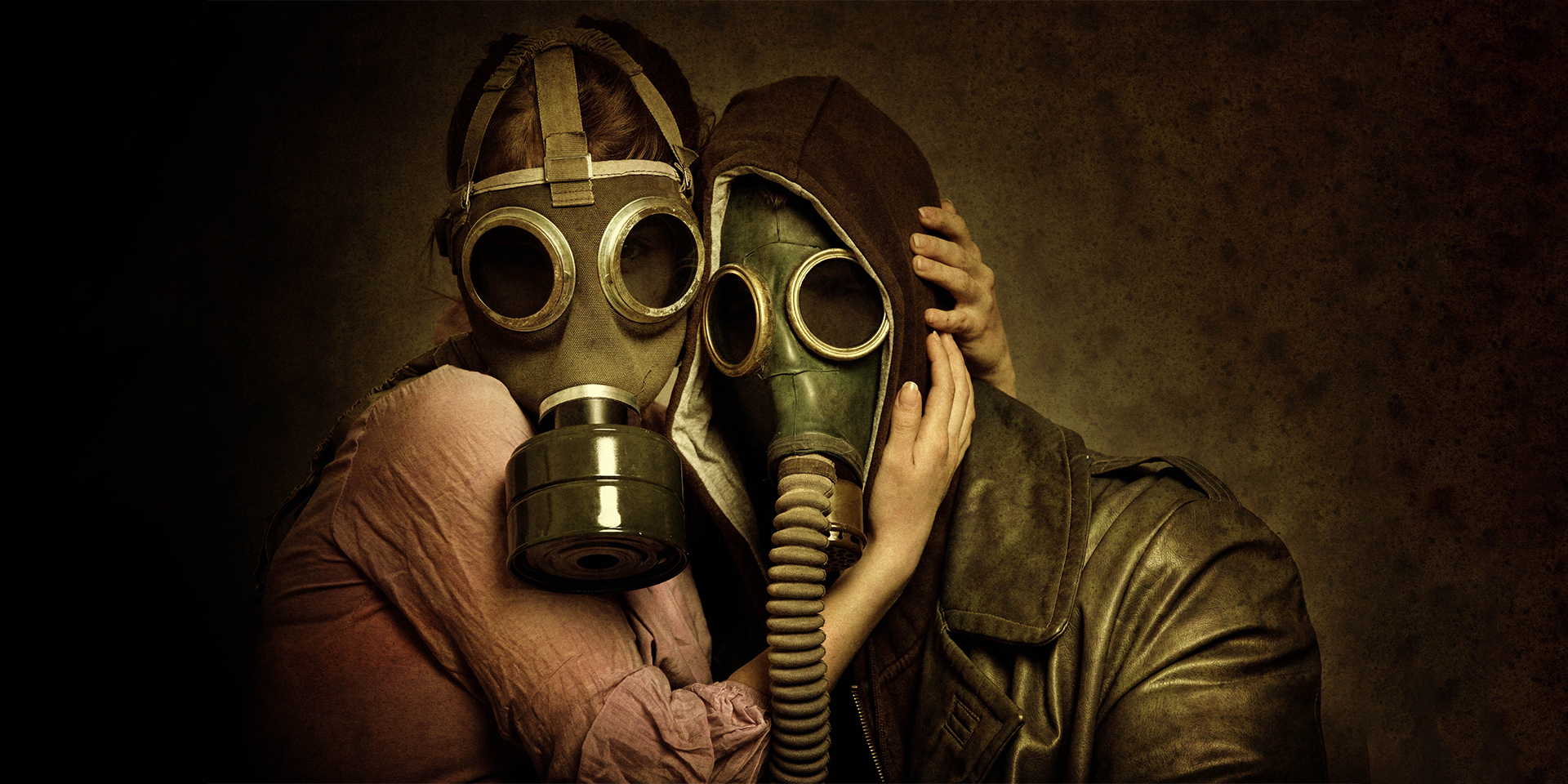Walking with a friend in darkness is better than walking alone in the light, writes Hellen Keller. But what if darkness permeates the entire relationship?
Rebeca and Alma have been friends since forever—that is, for over two decades now. They grew up together, they were involved in important events in each other’s families, they shared their deepest dreams. It’s a long-lasting relationship, but Rebeca doubts it will last their whole lives. Lately, she is more reluctant when it comes to sharing personal information with Alma and tries to limit the time they spend together. She is not sure she wants to end the relationship but it’s getting harder and harder for her to manage the frustration her friend’s behaviour arouses. Alma does not refrain from making acid remarks which she claims to be jokes, she criticizes Rebeca’s choices and values, and becomes manipulative when her friend distances herself from her. Rebeca’s attempts to draw her attention to these issues have not worked and Rebeca alternates between suspicion that the relationship has turned into a toxic one, and guilt that she may be judging her lifelong friend too harshly.
The profile of a healthy relationship
Friends are like a second family (one we get to choose) and our relationships with them undergo changes over time; sometimes friendships survive and even thrive during these changes, but sometimes they turn toxic. Each friendship is unique due to the individuality of the people involved but there are some clear indicators of healthy relationships: the courage to become vulnerable, a willingness to ask for help in need without feeling rejected or judged, the satisfaction of being on the same page (neither of the people involved require lengthy explanations to get through to the other) and enjoying spending time together, are all signs of a healthy relationship. Other indicators are the desire to invest yourself in the relationship, respect the other person’s values and beliefs, and the comfort of being yourself without feeling exposed. An excellent indicator of a solid friendship is the fact that the relationship does not die even if physical distance or other circumstances interrupt communication for months or even years.
There is a tension between our need for connection and for protecting our personal space. The remedy is setting clear boundaries, but we often tolerate the violation of these boundaries in order to prevent losing the relationship. It is, however, the boundaries that define our needs and values. Therefore not reacting to unacceptable behaviours only diminishes our self-esteem and eats away at the relationship, as hard feelings mount. On the other hand, when we respectfully, yet firmly, state our boundaries and apply them consistently we can build a stronger foundation even in relationships which are already damaged.
The trap of toxic relationships
“No one can be happy if he only cares for himself, if he does everything for his own benefit: one should live for another if one wishes to live for oneself” (Seneca).
Friendships intertwine with other aspects of life such as career, family and health. This means that they have a significant impact on these aspects, either positive or negative, says Florence Isaacs, author of the book Toxic Friends, True Friends. You can recognize a toxic relationship by some distinct characteristics: it generates stress, it’s uncertain, exhausting, ungratifying, unsatisfying and often asymmetrical.
The expression “toxic friend” comes from popular psychology and refers to people who financially, mentally or emotionally drain their friends, explains psychologist Jenn Berman.
Lack of support and empathy, unpredictable behaviour, expressing emotions in an unhealthy way, or using manipulation and jealousy towards the friends of a close friend are marks of an unhealthy relationship.
Having difficulty detaching from a relationship and blaming yourself for failed distancing attempts are elements of a toxic relationship which are easy to recognize. Detachment becomes possible when we realize that while our old travelling buddy might not be a toxic friend for somebody else, they have become harmful to us.
Even though we tend to associate abuse (especially the emotional kind) mostly with romantic relationships, friendships can also be abusive. People believe toxic friendships and abusive friendships are the same thing but more often than not they belong to different categories. While toxic friends can be selfish, aggressive, or highly demanding, they often do not realize they are hurting others with their attitude. In abusive relationships, unhealthy reactions are intensified and hurting the other person is premeditated.
Bad news from studiesWhen it is teenagers suffering from verbal or physical abuse, the aggressor proves to be a close friend in 8% of the cases, a study conducted in 2011 shows. The effects of harmful friendships are the subject of a limited number of studies; however, the initial data shows that their impact on the wellbeing of individuals has been underestimated, says Professor Beverley Fehr. |
When a friendship’s fabric does not last
Even when we realize that a relationship has become exhausting, we tend to maintain it out of inertia, or for the sake of the past. However, in some cases, the relationship can be saved if the parties involved discover they have the necessary willpower and tools to make certain changes.
Sometimes a friendship stops working not because one or both partners are toxic people, but because there are different relational patterns involved, determined by the kind of attachment[1] the two have formed in their childhood. People with secure attachment are capable of emotional closeness but, at the same time, give their friends freedom. Such a person would most probably not be offended if a friend declined their invitation in favour of another friend. For someone with anxious resistant attachment, such an incident acquires the proportions of a personal apocalypse. On the other hand, those with anxious-avoidant attachment may feel overwhelmed by the emotional interaction some friends need and the fact that they are not able to reciprocate the emotional support they receive.
Honest discussions and setting boundaries might improve the quality of a drifting relationship, but when, despite our best efforts, we do not succeed in reaching common ground, it’s time to allow our friends to “change their orbit” and migrate from the circle of close friends to the circle of more distant friends. When we try to establish whether a friendship is worth saving or not, we must take into account the amount of the resulting hurt, psychologist Harriet Lerner says.

Ending a problematic relationship is a sign of maturity. Accepting our friends’ flaws can be equally mature, says Lerner, explaining that people usually have a number of friends and they “do not need a full range of emotional support from each of them”.
Ending a relationship should be preceded by honest explanations of the reasons for the split, but abusive friends (and often toxic ones too) cannot cope well with rejection, so it might be best to leave quietly. In some cases, the abused person might even need therapy to understand how they got involved in such a dysfunctional relationship and how they might avoid this in the future. At the core of an abusive relationship we find victims, but also abusers who consciously or unconsciously copy behaviour patterns they inherited from their own families.
No matter how badly we have been disappointed, or how bad the disappointment we have caused, connecting positively with others rather than isolating ourselves is always a good sign. Each broken relationship provides lessons we can learn, lessons which can help us to become the kind of friend we look for in others.
The Bible on inappropriate friendships“My friends and companions avoid me because of my wounds; my neighbours stay far away” (Psalm 38:11). “Do not make friends with a hot-tempered person, do not associate with one easily angered, or you may learn their ways and get yourself ensnared” (Proverbs 22:24-25). |
Carmen Lăiu is a writer for ST Network and Semnele timpului.



















